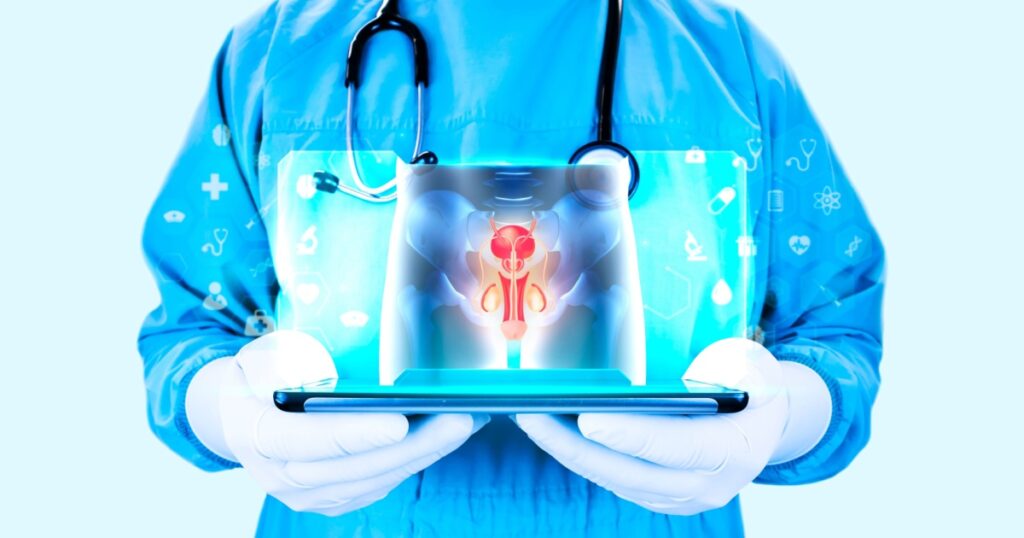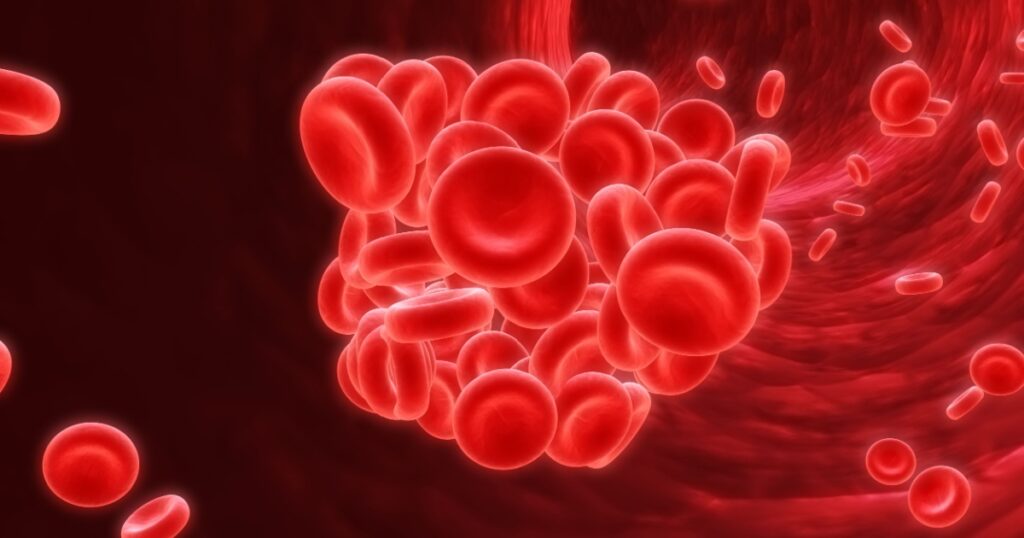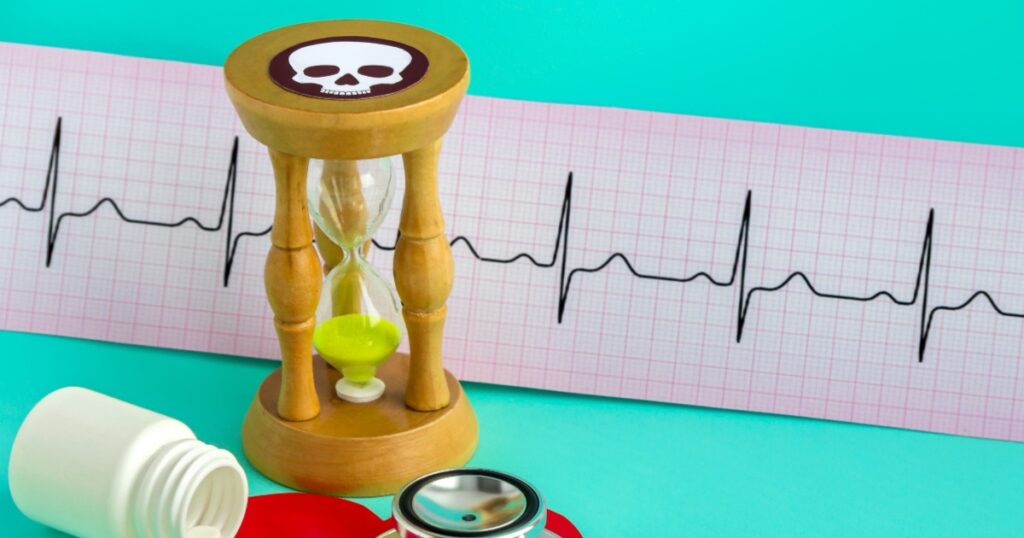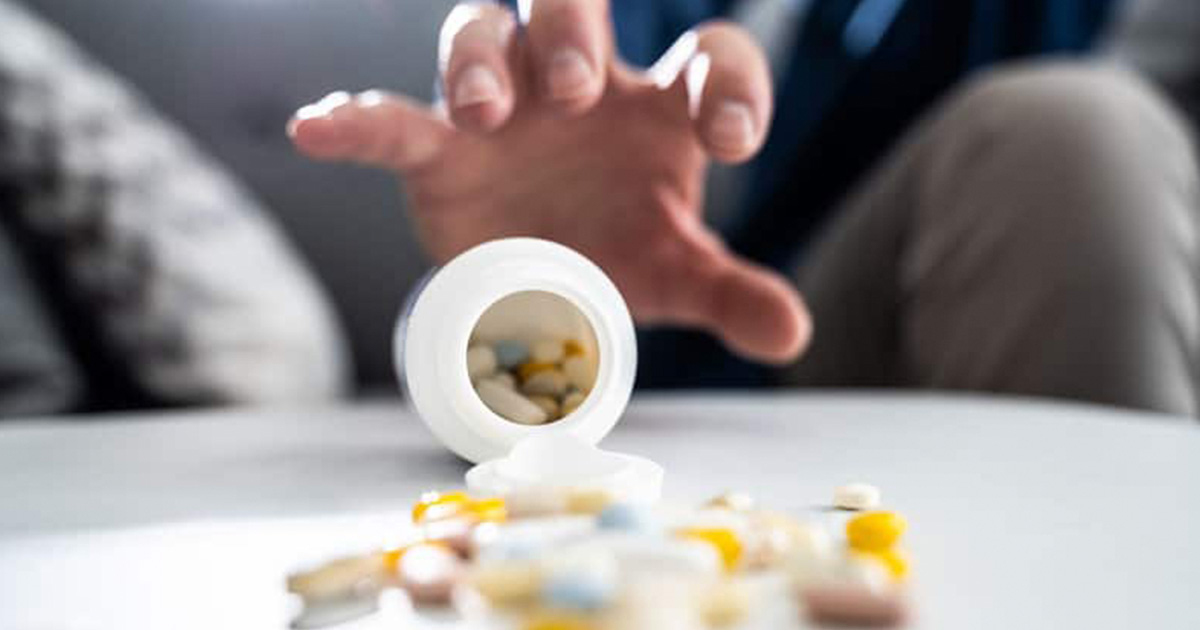Prescription medications are designed to help treat various health conditions and improve our quality of life. This doesn’t mean, however, that they come without any potential side effects. It is important to be aware of these potential side effects before taking them. In some cases, these can be quite scary and even life-threatening. These are 10 of the most terrifying side effects of prescription drugs, so that you can have honest conversations with your medical team about your prescriptions.
10 Scary Drug Side Effects from Common Prescription Medications

Medical prescription drugs are an important part of healthcare. They have saved countless lives and improved the quality of that many lives and more. Though they have many benefits, they can still cause scary and even dangerous side effects. We are all different and will, therefore, react differently to different medications. Knowing potential drug side effects will help you understand what’s happening and get help faster should you experience them. These are 10 of the scariest potential side effects of prescription medications.
Read More: Gabapentin – The Latest Drug Contributing to the Opioid Crisis
1. Hallucinations

Hallucinations, the experience of sensing something that is not actually present, can be a frightening side effect of certain medications. Psychiatric drugs like olanzapine, quetiapine, and haloperidol, as well as sleep aids like zolpidem and eszopiclone, have been associated with causing hallucinations. It’s essential to discuss any unusual experiences with your healthcare provider. (1)
2. Memory Loss

Memory loss, particularly amnesia, is a side effect that can be caused by nonbenzodiazepine sedative hypnotics like Ambien, Lunesta, and Sonata. These medications have been known to trigger actions such as cooking, having sex, or driving a car without any recollection afterward. Other medications, such as benzodiazepines, opioids, and certain seizure medications, can also contribute to memory impairment. (2)
3. Priapism

Priapism is a persistent and painful erection that is not related to sexual stimulation. Medications like trazodone, clozapine, and certain antidepressants are reported to cause priapism. Leaving this condition untreated can lead to tissue damage and potential erectile dysfunction. (3)
4. Blood Clots

Certain prescription medications have been linked to an increased risk of blood clot formation. Birth control pills and hormone therapy drugs, as well as all testosterone replacement products, carry a higher risk of blood clots. It’s crucial to be aware of this potential side effect and discuss any concerns with your healthcare provider. (4)
Read More: New Research Shows Drug Shrunk Up to 70% of Pancreatic Cancer Tumors
5. Compulsive Behaviors

Some medications used for Parkinson’s disease, restless legs syndrome, and antipsychotics have been associated with compulsive behaviors. Patients taking dopamine agonists like Requip and Mirapex may experience intense urges related to gambling, sexual activities, spending money, or eating. The antipsychotic Abilify has also been linked to compulsive behavior such as gambling. (5)
6. Stevens-Johnson Syndrome

Stevens-Johnson Syndrome (SJS) is a rare and severe skin reaction. Medications like lamotrigine, allopurinol, and certain pain relievers like acetaminophen and ibuprofen have been associated with SJS. It is crucial to be aware of early symptoms such as rash or blistering and seek immediate medical attention. (6)
7. Birth Defects

Taking certain medications during pregnancy can increase the risk of birth defects. Notable examples include thalidomide, which caused severe birth defects in the past, as well as warfarin, Paxil, and topiramate. Certain acne medications, as well, such as Accutane, can cause them as well. It is essential for pregnant women to discuss the potential risks and benefits of medication use with their healthcare providers. (7)
8. Cancer

Some medications have been associated with an increased risk of cancer. Tamoxifen, used to treat breast cancer, has been linked to an increased risk of uterine cancer. Diabetes medication pioglitazone carries a warning about an increased risk of bladder cancer. It is crucial to weigh the potential benefits against the risks of these medications. (8)
Read More: The Dark Side of Medications: When ADHD Drugs Do More Harm Than Good
9. Suicidality

Reports in the past have raised concerns about the potential for certain medications to increase the risk of suicidal thinking and behavior, especially in young adults and children. Antidepressants like Paxil, montelukast, isotretinoin, and varenicline have an increased risk, according to black box warnings. Close monitoring is necessary when starting or adjusting these medications. (9)
10. Sudden Cardiac Death

Sudden cardiac death is a rare but serious side effect associated with certain medications. Antipsychotics like Seroquel, Zyprexa, and Risperdal have been linked to sudden cardiac death, especially in the elderly and those taking other cardiac medications. Medications like morphine, Adderall, and certain antiarrhythmic agents also carry warnings regarding the risk of sudden death. (10)
The Bottom Line

While prescription medications can provide tremendous benefits, it is crucial to be aware of potential side effects. The 10 side effects discussed in this article highlight the importance of open communication with healthcare providers, close monitoring, and weighing the potential risks against the benefits of medication use. Always consult your healthcare provider if you have any concerns or experience any unusual side effects.
Read More: Scientist who helped develop new drug for ovarian cancer donates all profits to charity
Sources
- “Medication-Related Visual Hallucinations: What You Need to Know.” AAO. Mary Wade.
- “Memory disorders associated with consumption of drugs: updating through a case/noncase study in the French PharmacoVigilance Database.” NCBI. Francois Chavant, Sylvie Favrelière,* Claire Lafay-Chebassier, Caroline Plazanet, and Marie-Christine Pérault-Pochat. December 2011.
- “Priapism.” Mayo Clinic
- “Drug-induced thrombosis: an update.” Pubmed. Yuval Ramot, Abraham Nyska, Galia Spectre. August 2013.
- “Drug-Induced Compulsive Behaviors: Exceptions to the Rule.” NCBI. Noni A. Graham, MPH, Christopher J. Hammond, MD, and Mark S. Gold, MD. September 2009.
- “Stevens-Johnson Syndrome.” NCBI. Amanda M. Oakley and Karthik Krishnamurthy. April 10, 2023.
- “Birth Defects.” Cleveland Clinic
- “Screening pharmaceuticals for possible carcinogenic effects: initial positive results for drugs not previously screened.” NCBI. Gary D. Friedman,1,2 Natalia Udaltsova,1 James Chan,3 Charles P Quesenberry, Jr.,1 and Laurel A. Habel. January 1, 2011.
- “Suicidality as a Possible Side Effect of Antidepressant Treatment.” NCBI. Larry Culpepper, M.D., Jonathan R. T. Davidson, M.D., Allen J. Dietrich, M.D., Wayne K. Goodman, M.D., Kurt Kroenke, M.D., and Thomas L. Schwenk, M.D.2004.
- “10 of The Most Terrifying Drug Side Effects.” NCBI. Kristopher Amaro-Hosey, Xavier Castells, Lidia Blanco-Silvente,Pablo Loma-Osorio, and Dolors Capellà. April 25, 2023.
Disclaimer: This information is not intended to be a substitute for professional medical advice, diagnosis or treatment and is for information only. Always seek the advice of your physician or another qualified health provider with any questions about your medical condition and/or current medication. Do not disregard professional medical advice or delay seeking advice or treatment because of something you have read here.

